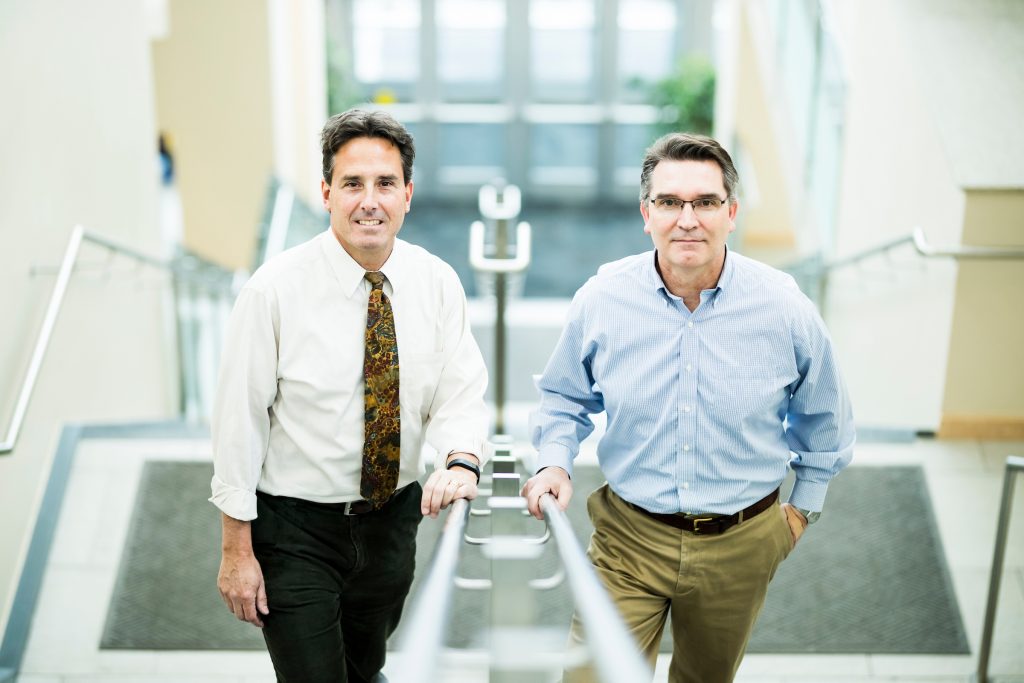
A new BYU study aims to help the global hunger crisis and bridge borders between countries. The hope is that the research will create a reliable food source to close the hunger gap affecting many regions of the world.
BYU plant and wildlife sciences professors Rick Jellen and Jeff Maughan have been working to create new strains of quinoa, a grain native to the Americas, in order to create alternatives to the most commonly eaten grains in the world.
“Fifty percent of all calories that we eat come from just three species: corn, rice and wheat,” Maughan said. “We should think about food security for the rest of the world as well.”
Maughan spoke about the possible threat the world could face if more alternatives to the current main grains aren’t implemented.

The study gives the scientific community access to the full genome sequence of quinoa by being published in “Nature,” a science journal. This information will allow breeders to create the right strain for their environment because they will better understand quinoa’s genetic markers.
“By sequencing a large, diverse pool, not just one type of quinoa but a pool of 20 different types, provides a resource to (the world),” Jellen said.
Jellen said their work could help prevent an event like the Irish potato famine that killed about a million people in the 1840s.
Collaboration on this project has also helped create a positive image for both BYU and the LDS Church in the scientific community. Teams from Washington state all the way to Saudi Arabia helped work on the project. BYU and the church support this research for the betterment of society rather than for monetary gain; therefore, the world community is supportive of the organizations, according to Jellen and Maughan.
“That is one of the mandates we have as university professors. Make sure we shed light and truth, but we also do it in such a way that we build friendships around the world,” Maughan said.
Ryan Rupper, a BYU senior double majoring in genetics/biotech and bioinformatics, helped to isolate a genetic marker in quinoa. He has been working on the project for a little over a year.
The marker Rupper isolated should make quinoa easier for breeders from around the world to create a strain that is sweet while also drought resistant.
“Quinoa is very nutritious due to having all seven essential amino acids,” Rupper said.
Rupper said quinoa has the potential to “basically solve world hunger” due to its health value and its ability to be grown in many climates.
Both Jellen and Maughan suggested their research into quinoa may help ease civil tensions around the world. They said issues like civil unrest in many countries can be attributed to hunger.
“Look at where you have civil unrest, and look where poverty is. And a driving force behind civil unrest is, if you’re hungry, you’re unhappy,” Maughan said.
Read the study in Nature to learn more about the professors’ work with quinoa.




